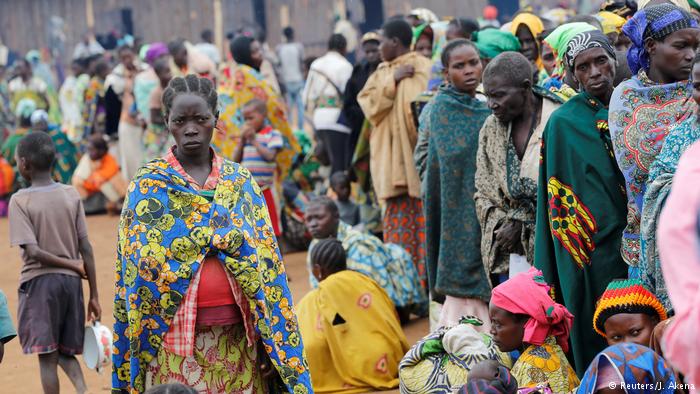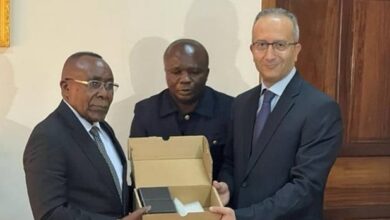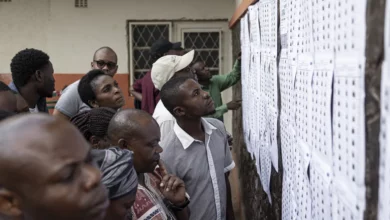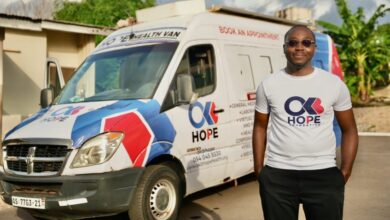
Aid experts say the number of Congolese in need of aid, including food, has doubled over the past year. President Joseph Kabila has refused to leave office despite an election mandate that expired at the end of 2016.
A humanitarian is crisis rapidly worsening on several fronts in the Democratic Republic of Congo (DRC), a top European Union aid official warned Sunday.
The growing humanitarian crisis is underscored by a political one — the refusal of President Joseph Kabila to step down 15 months after his electoral mandate expired.
The crisis situation is particularly acute in the central Kasai region and the eastern provinces of Kivu and Ituri.




